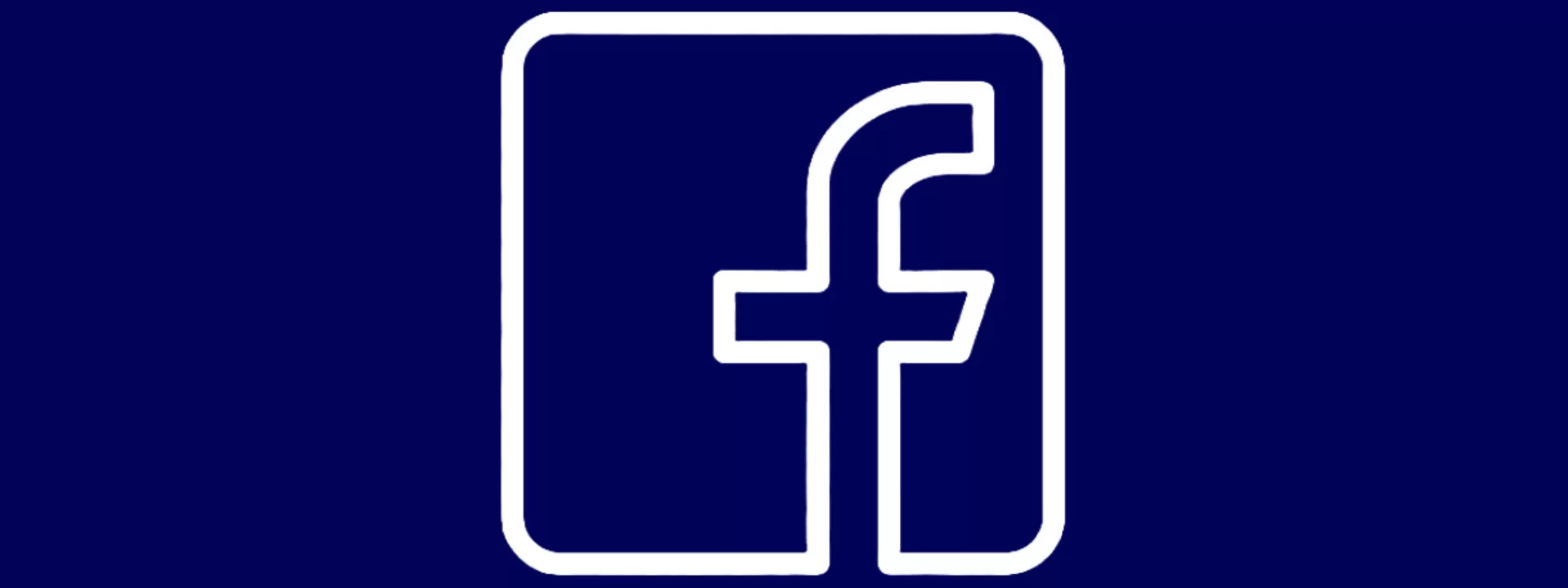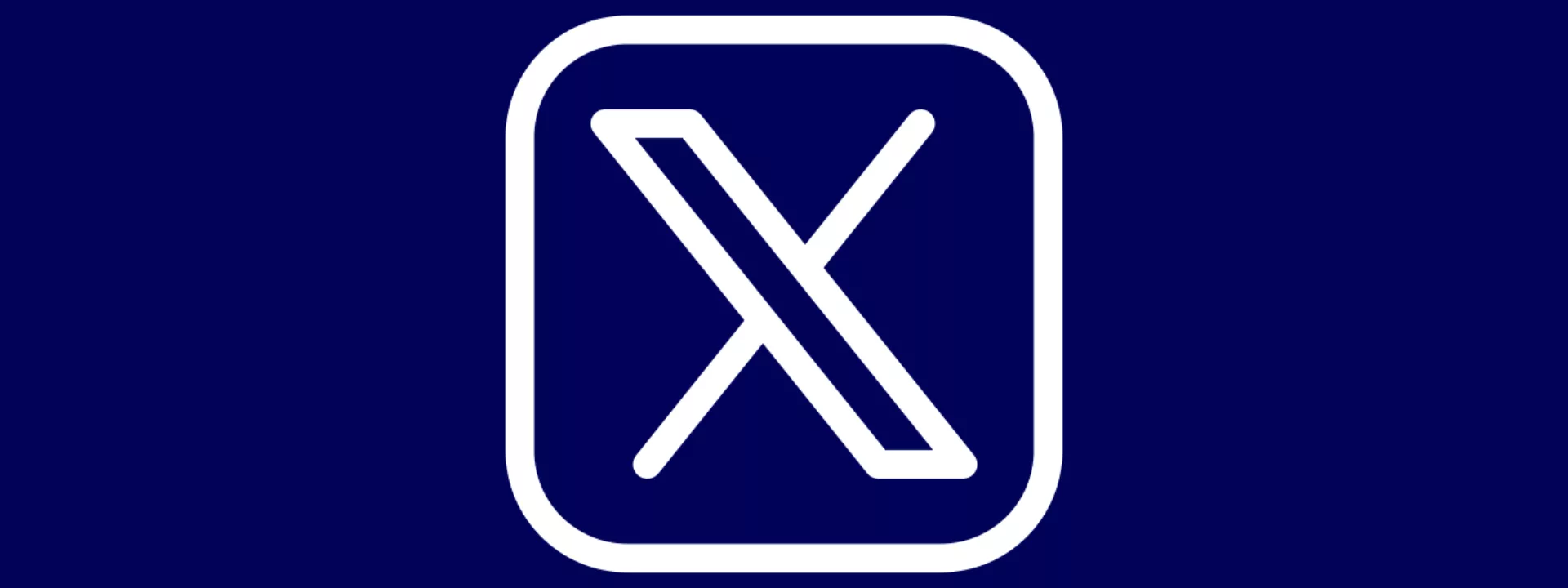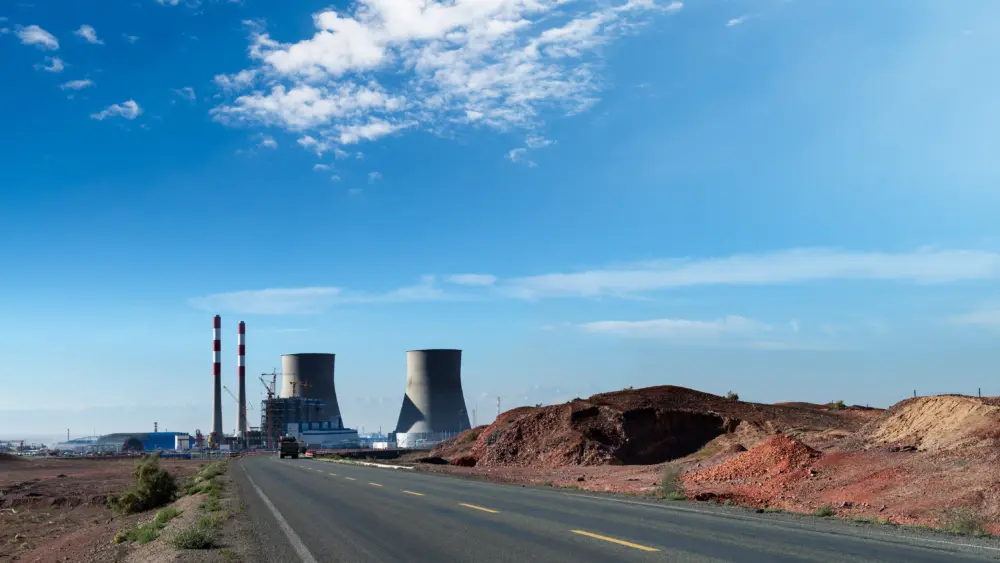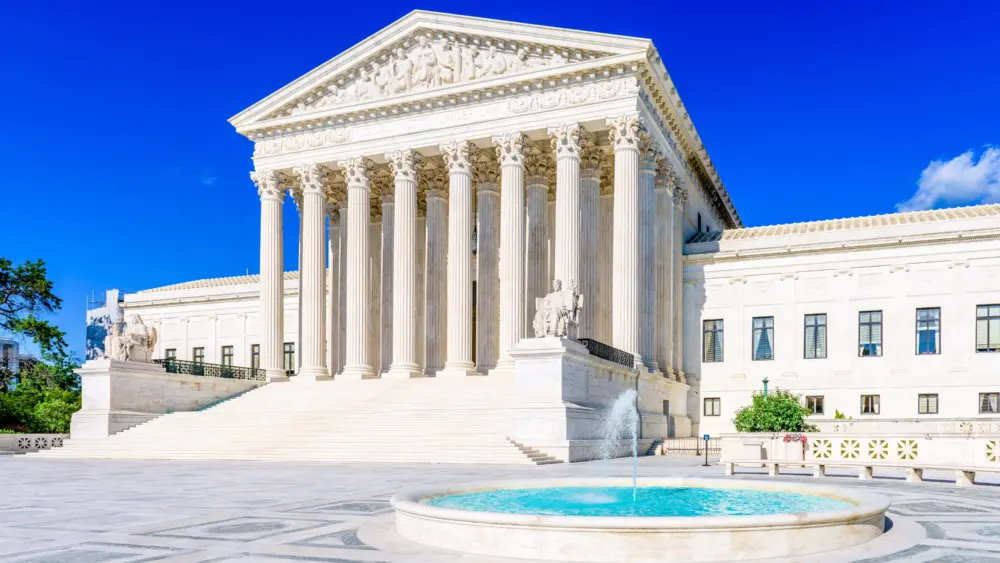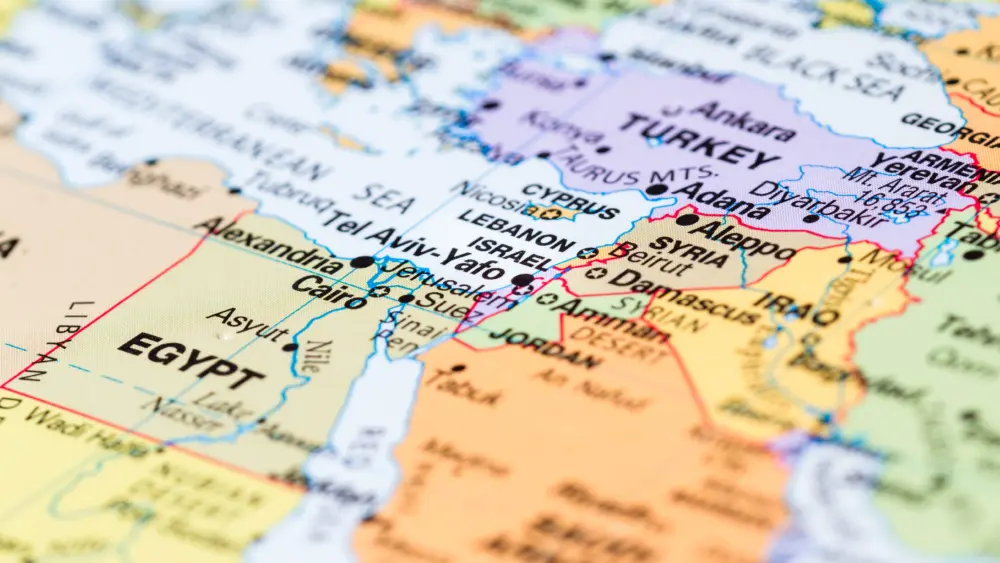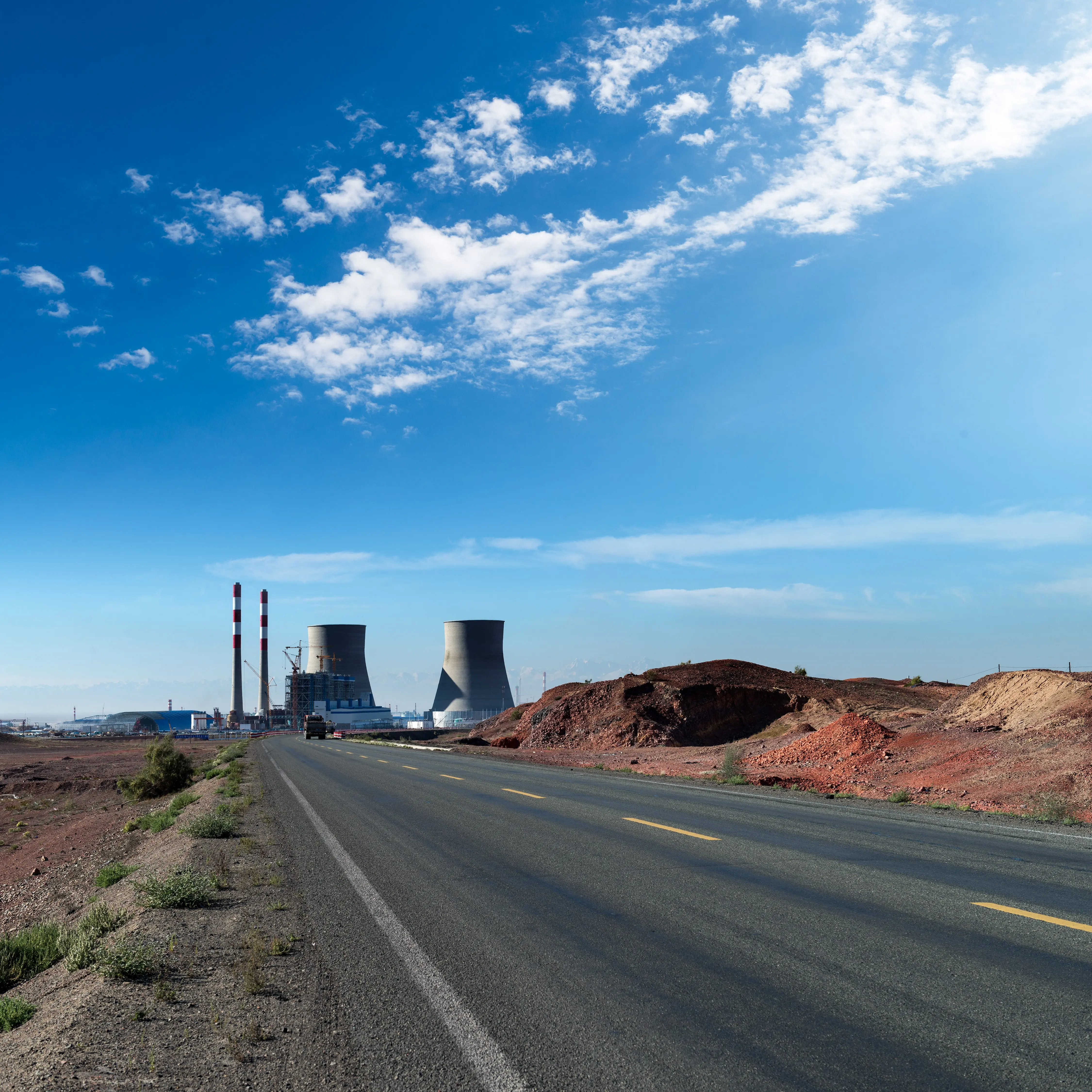
Irani nuclear power station / Envato Market
by Emmitt Barry, Worthy News Washington D.C. Bureau Chief
(Worthy News) – A leading Washington, D.C.-based think tank has revealed that Iran conducted and subsequently concealed a series of nuclear implosion tests in 2003, a critical step in developing a nuclear weapon. The findings, published by the Institute for Science and International Security (ISIS), are based on the International Atomic Energy Agency’s (IAEA) confidential report dated May 31, 2025.
According to the ISIS analysis, the tests were a preparatory phase for what nuclear experts call a “cold test”—the full assembly of a nuclear device using a non-fissile core made of natural or depleted uranium instead of weapons-grade material. Such tests simulate the detonation process of a nuclear bomb without producing a nuclear explosion, allowing a nation to perfect the triggering mechanism.
The IAEA report details four explosive experiments carried out in Marivan, involving “full-scale hemispherical implosion systems.” These tests used high explosives to generate spherically inward shockwaves—intended to compress a nuclear core—without the inclusion of enriched uranium or EDNS (Explosively Driven Neutron Sources). This method, long associated with nuclear weapons development, confirms that Iran was progressing toward weaponization two decades ago.
The IAEA findings also expose new links between Iran’s clandestine testing sites—Marivan, Lavisan-Shian, Varamin, and Turquz-Abad—and previously unaccounted nuclear material. ISIS emphasized that this is the first time the IAEA has definitively tied these facilities to the mystery of missing fissile material, raising renewed concerns over Iran’s long-denied nuclear ambitions.
Tehran has consistently denied seeking to build a nuclear bomb, maintaining that its uranium enrichment—now reaching levels far beyond civilian energy needs—is purely peaceful. However, the technical nature of the 2003 tests and Iran’s systematic efforts to hide them from international inspectors paint a sharply contrasting picture.
The new revelations are expected to intensify scrutiny of Iran’s nuclear program at the IAEA board meeting being held this week and could reignite international calls for accountability. The report also underscores the growing fears in Israel and the West, as Iran, whose regime remains openly hostile toward Israel, appears to have crossed multiple red lines in its pursuit of nuclear capabilities.
In response to the escalating nuclear concerns, U.S. President Donald Trump held a 40-minute phone call with Israeli Prime Minister Benjamin Netanyahu on Monday evening. Trump urged restraint, emphasizing diplomacy as the preferred solution and cautioning against unilateral Israeli military action that could derail ongoing negotiations with Tehran. Trump confirmed that a “reasonable proposal” had been submitted to Iran, with a response expected within days.
Following the call, Netanyahu convened a high-level security meeting with top defense, intelligence, and cabinet officials. The Israeli leadership remains wary of U.S. diplomatic overtures and is reportedly preparing for the possibility of independent military action should talks collapse. According to senior U.S. officials, Trump reminded Netanyahu that “the second option is still on the table”—a veiled reference to military intervention, though he stressed that diplomacy remains the first choice.
Iran, for its part, has rejected any deal that limits its uranium enrichment, calling the program a “non-negotiable” right. Talks are set to resume Sunday in Muscat, with enrichment and oversight remaining the central points of contention. As Trump stated at a White House event, “We’re trying to make a deal so there’s no destruction and death… This is not the time to escalate while we’re trying to resolve the issues.”
With Iran defiant, Israel watchful, and U.S. diplomacy hanging by a thread, the coming days may prove pivotal in determining whether the region moves toward resolution or confrontation.
The post Think Tank: IAEA Uncovers Iran’s 2003 Nuclear Weapon Test Cover-Up appeared first on Worthy Christian News.




